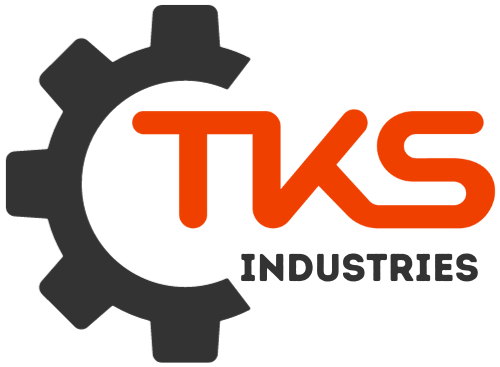[ad_1]
The Ultimate Guide to Machine as a Service (MaaS): Powering Innovation Through Accessible Intelligence
The world is undergoing a transformative shift driven by artificial intelligence (AI). Yet, the high cost and technical expertise needed to implement AI solutions often stand as barriers to entry for businesses of all sizes. This is where Machine as a Service (MaaS) steps in, democratizing AI and making intelligent automation accessible to everyone.
What is Machine as a Service (MaaS)?
Imagine AI not as a complex, expensive piece of hardware or software, but as a readily available utility, just like electricity or water. That’s essentially what MaaS offers.
MaaS provides businesses with on-demand access to pre-trained AI models and infrastructure through a subscription-based model. Instead of investing heavily in developing and maintaining their own AI systems, companies can leverage existing, powerful AI capabilities at a fraction of the cost and effort.
Why Choose MaaS?
The benefits of MaaS are multifold:
-
Cost-effectiveness: MaaS eliminates the need for upfront capital expenditure on hardware, software, and specialized personnel.
-
Scalability: MaaS solutions can be easily scaled up or down to meet changing business needs.
- Rapid Deployment: Businesses can quickly integrate AI into their workflows without lengthy development cycles.
- Accessibility: MaaS democratizes AI, making it accessible to smaller businesses and startups that might not have the resources for in-house AI development.
- Innovation: MaaS opens doors to experimenting with new AI applications and leveraging cutting-edge technologies without significant investments.
How Does MaaS Work?
MaaS providers offer a range of services depending on the specific use case. Typically, the process involves:
- Identifying the Need: Determine the specific business problem that AI can solve.
- Choosing a MaaS Provider: Select a provider that offers relevant AI models and services aligned with the business needs.
- Data Integration: Connect the existing data sources to the MaaS platform.
- Model Training and Tuning: Choose pre-trained models or work with the provider to fine-tune existing models for optimal performance.
- Deployment and Integration: Integrate the AI solution into existing workflows or build new applications.
- Monitoring and Maintenance: The MaaS provider typically handles ongoing monitoring, maintenance, and updates.
Real-World Applications of MaaS:
MaaS is transforming industries across the board:
- Healthcare: AI-powered diagnostics, personalized treatment plans, and drug discovery.
- Finance: Fraud detection, risk management, and personalized financial advice.
- Retail: Customer segmentation, personalized recommendations, and inventory optimization.
- Manufacturing: Predictive maintenance, quality control, and process optimization.
The Future of MaaS:
As AI technology continues to evolve, MaaS is poised to become even more powerful and accessible. We can expect:
- Increased Specialization: MaaS providers will offer more specialized AI models for niche industries.
- Edge Computing Integration: MaaS solutions will be deployed closer to the data source, enabling real-time insights.
- Enhanced Security and Privacy: Robust security measures will be implemented to protect sensitive data.
- Democratization of AI Capabilities: Monetization of individual AI models may empower citizen developers to contribute to the AI ecosystem.
MaaS is revolutionizing the way businesses leverage AI, making intelligent automation a reality for everyone. By removing the barriers to entry, MaaS is empowering organizations to innovate, optimize, and thrive in the age of intelligence.
[ad_2]
